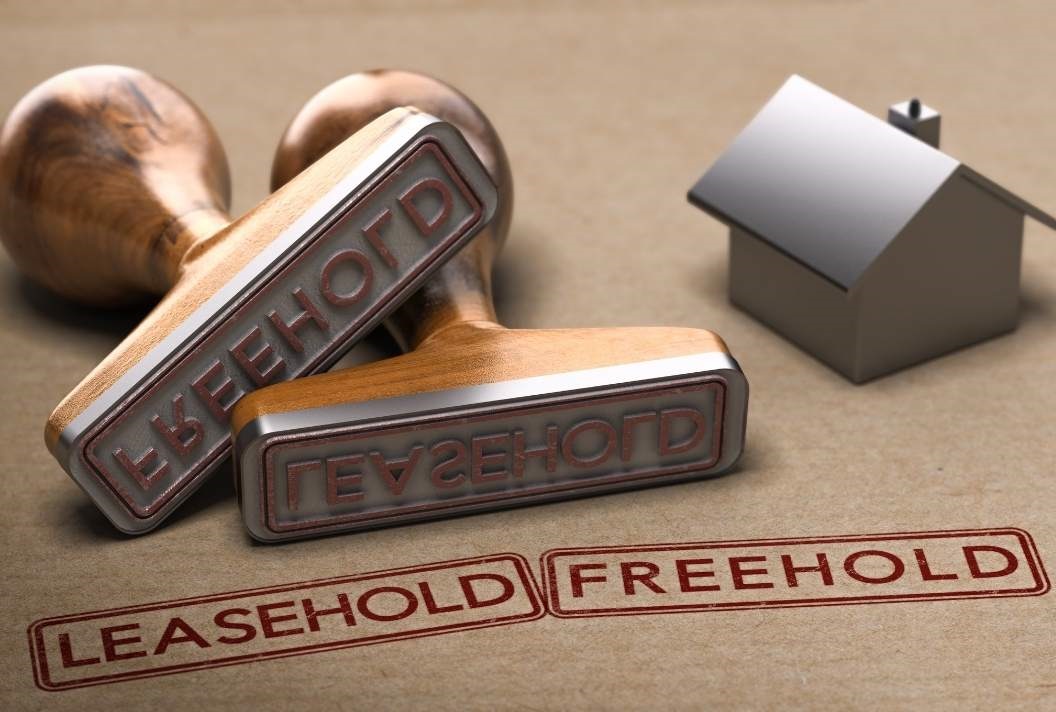When investing in real estate in Thailand, it’s crucial to understand the distinction between freehold and leasehold. In this article, we’ll explore the meaning of freehold and leasehold, their advantages and disadvantages, and how they impact property ownership in Thailand.
What’s key differences about Freehold and Leasehold in Thailand

- Duration: Freehold offers indefinite ownership, while leasehold has a predetermined lease term.
- Rights and Restrictions: Freehold grants more flexibility and control, whereas leasehold may have restrictions on property alterations or subleasing.
- Property Value: Freehold properties tend to appreciate more over time, making them a preferred choice for long-term investment.
- Foreign Ownership: Non-Thai nationals can own leasehold properties, but certain regulations apply.
Freehold Ownership

Freehold ownership grants the buyer complete ownership of the property and the land it sits on. As a freehold owner, you have the right to use, sell, lease, or pass on the property to heirs. This type of ownership provides long-term security and is highly desirable for many investors.
Leasehold Ownership

Leasehold ownership, on the other hand, involves leasing the land and property from the landowner for a specific duration, typically 30 years or more. While leasehold properties offer affordability and are common for non-Thai nationals, it’s important to consider the lease term and renewal conditions carefully.
Deciding between freehold and leasehold ownership in Thailand depends on your investment goals, long-term plans, and budget. Consider consulting with legal experts and real estate professionals to ensure a well-informed decision that aligns with your needs.
